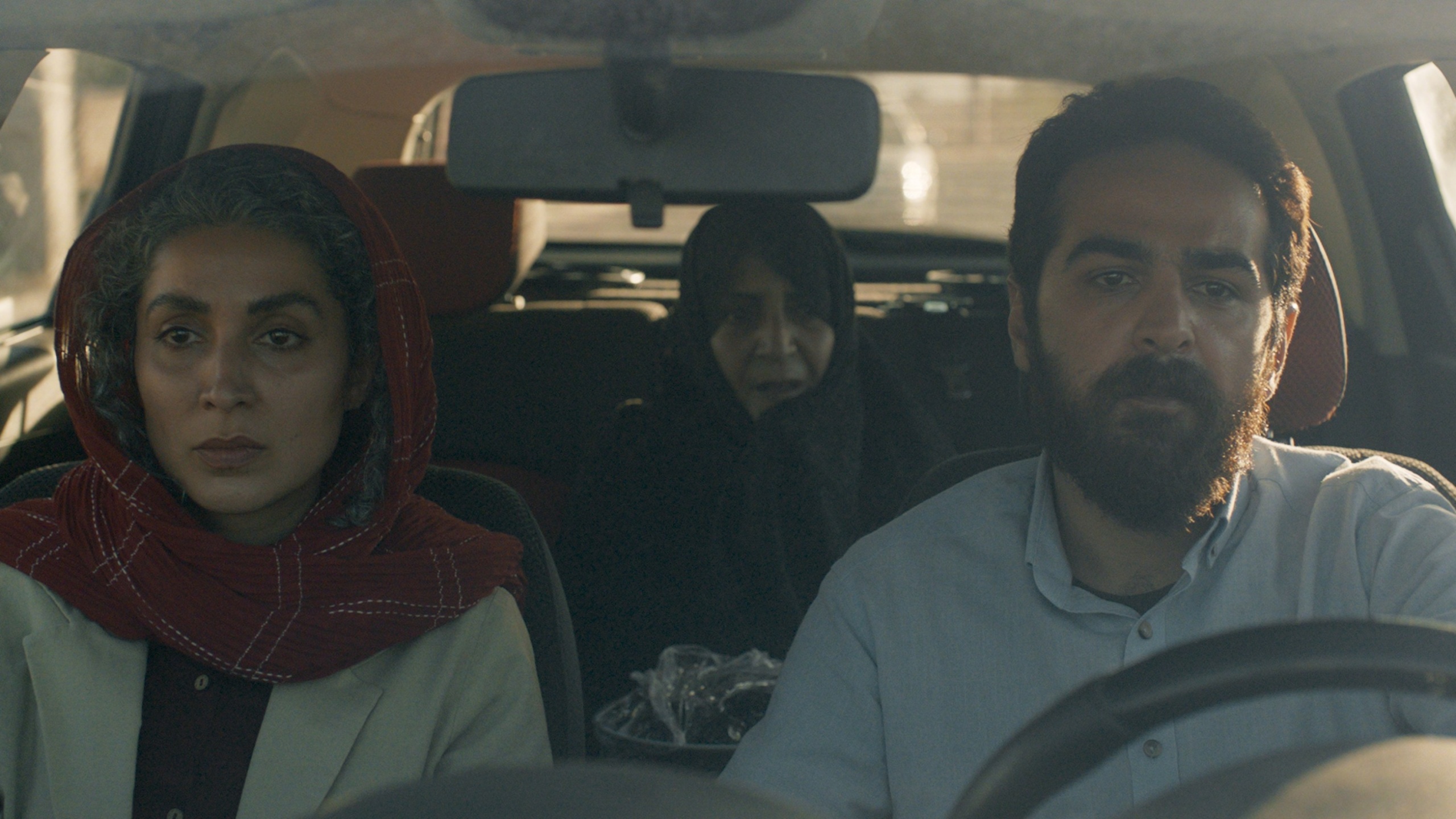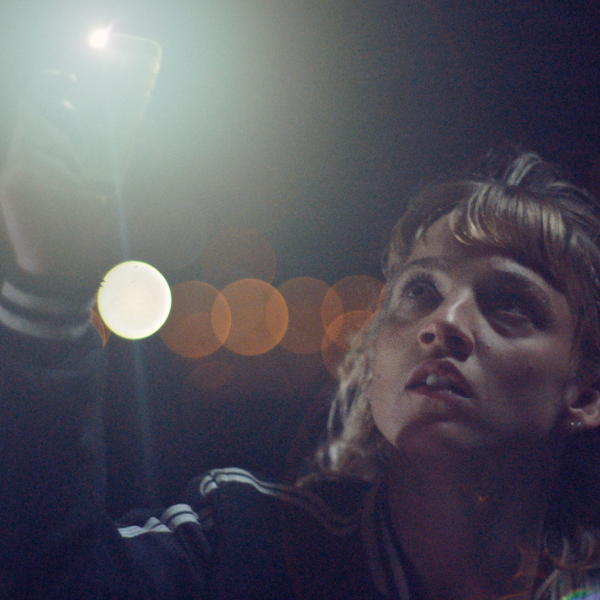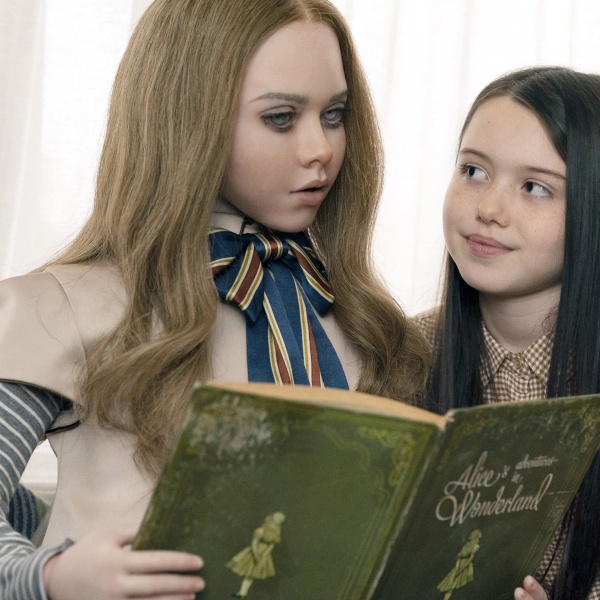The ongoing plights of Iranian filmmakers Jafar Panahi and Mohammad Rasoulof — who were both released from prison earlier this year after months of detainment for crimes relating to their criticisms of the nation’s government — prompted renewed concerns about Iran’s authoritarian policies from the global film community. But the larger philosophical and geopolitical concerns about censoring filmmakers can make it tempting to view these men as mere symbols, ignoring the spiritual price they end up paying for their work.
Panahi’s latest film, “No Bears,” made the rounds on the international festival circuit in 2022, and he used the platform to issue frequent statements about the dangers faced by Iranian filmmakers who try to express themselves freely. Panahi and his many supporters often spoke about the paradoxical reasoning that allowed filmmakers to keep focusing on the very art that was putting their freedom in jeopardy. Being creative in an environment that actively discourages it (and sees any form of nuance as blasphemous dissent) often feels like an impossible task. It can seem as if the only two “sensible” choices for these persecuted artists are to flee their home for the relative comfort of making films in Western nations, or remain in Iran and abandon their vocation altogether. But for artists like Panahi, a visceral connection to one’s homeland and the same inexplicable draw to create that has prompted so many filmmakers to make impractical decisions have been reason enough to persevere against staggering odds.
While these dissenting Iranian filmmakers have rightfully been held up as heroes, nobody would have blamed them if they had decided that the juice was no longer worth the squeeze. “Achilles” explores that very scenario, blending compassion for those pushed away from making art with an urgent cry for them to get back in the game anyway.
Farhad Delaram’s debut feature follows a broken down Iranian filmmaker who doesn’t have the benefit of martyrdom from the international press. Years of political oppression prompted him to abandon his craft years before it resulted in anything resembling success (and the question of whether it ever would have is beside the point). By stripping him away from the political archetype of the censored artist, “Achilles” is able to explore the costs of creative repression on an individual scale. The Tehran-set film is a call for those in authoritarian settings to pick up their cameras and keep making films — not because the world needs it, but because their souls do.
When we meet Farid (Mirsaeed Molavian), he’s already a shell of his former self. Years after abandoning filmmaking, he’s been reduced to working nights as an unlicensed orthotist at a hospital that provides him the anonymity he craves. His nickname “Achilles” ostensibly comes from the fact that he repairs damaged joints, but it’s also a reminder that he got hit in the one place that makes recovery impossible. The revolutionary zeal that once fueled his art is long gone — even polite-but-firm disagreement seems like a distant memory at this point. After a lifetime of living under a regime that shows no signs of changing, utter apathy has emerged as his survival mechanism of choice.
But even the nightshift at a tiny hospital doesn’t provide a total escape from the realities of Iranian life, as the facility is often used to treat political prisoners. When Farid begins to converse with some of his latest patients about the “crimes” that they committed, his facade of apathy is no match for the pain that he witnesses. He soon forms a bond with Hedieh (Behdokht Valian), an institutionalized prisoner who has been held captive for so long that she’s begun to lose her grasp on reality. For reasons that he might not even be able to explain, Farid decides to take her out of the hospital and drive her across Iran.
Road trips are often held up as the quintessential cinematic depiction of freedom, but Farid and Hedieh’s drive is consistently weighed down by reminders of how imprisoned they remain. As they meander through the country and meet other forgotten fugitives with similar plights, the gravity of how much has been taken away from them truly sets in. Farid cut his entire family out of his life when he went into his depressive state after quitting filmmaking — and while it wasn’t entirely his fault, the years that he lost with them are real and impossible to replace. Hedieh sacrificed even more, and is eventually forced to reckon with what may be an irreparable relationship with her daughter.
The film is realistic about the role that art can play in overthrowing an oppressive regime, but ultimately reaches the conclusion that we should pursue it anyway. Movies might never be the thing that stops evil from triumphing, but making them might stop it from using you as a vessel.
Grade: B+
“Achilles” premiered at the 2023 Toronto International Film Festival. It is currently seeking U.S. distribution.




